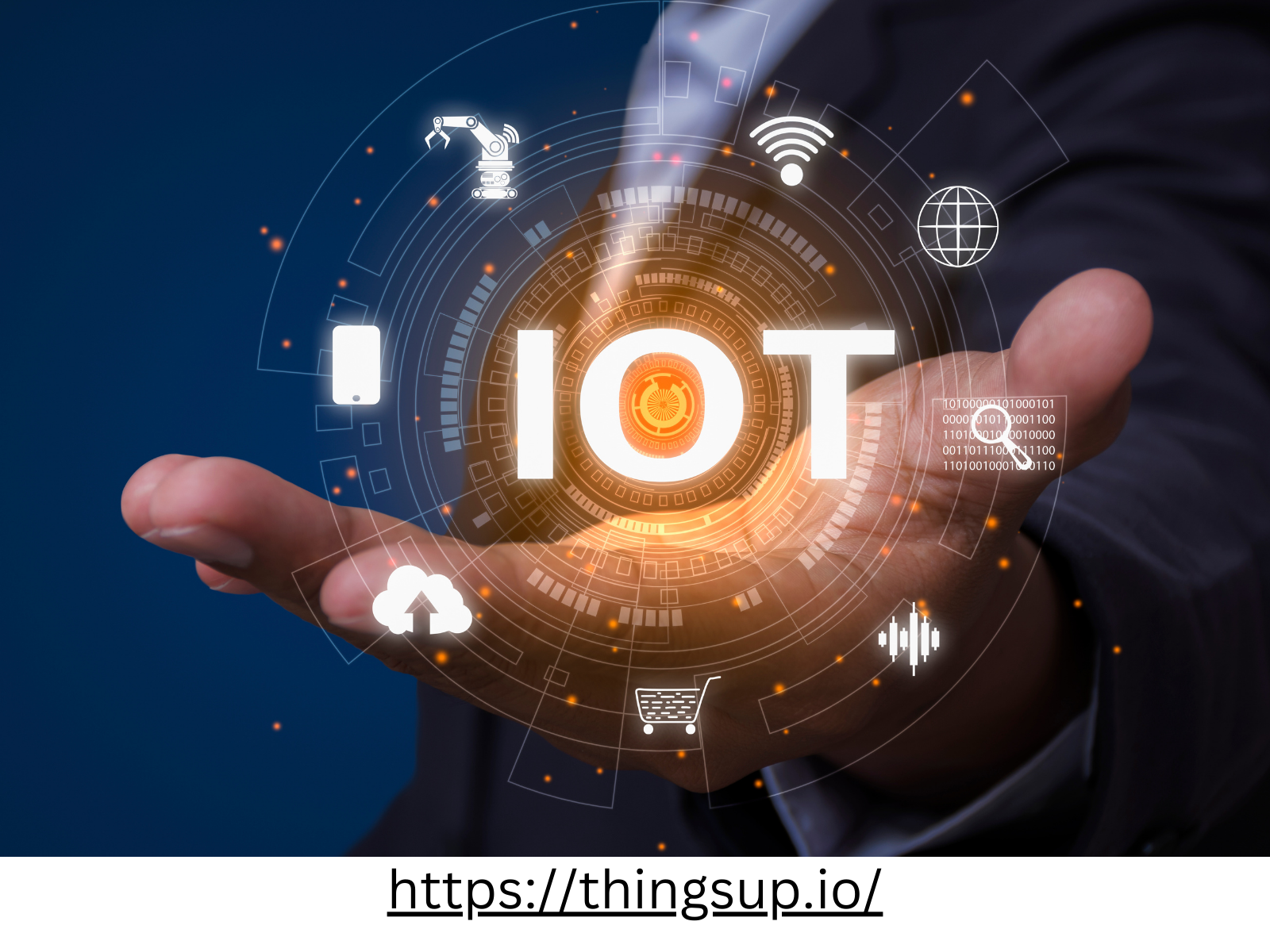Smart metering technology has been adopted into most energy management systems. Since they work as a device that utilizes the latest Internet of Things (IoT) technology to give the precise energy consumption information, consumer and utility can better manage the energy provision. But one critical question often arises: how much power does a smart meter use? This particular topic is fairly broad, thus based on its general outline let us consider it specifically in the light of power requirements of such devices as well as their potential influence on the energy monitoring system.
Understanding Smart Meter Power Consumption
Smart meters are intended to record consume electricity usage and wire the information to utility companies. For those functions, they themselves take only a small amount of power. This consumption depends on the meter type, communication method and the capabilities offered by the IoT platform supporting the meter.
A typical smart meter can require power of less than 2 watts. This is equivalent to about 17.5 kWh per annum which is very small when compared to the amount of energy that is assisted to be controlled and or optimised. This small consumption is justified by the receipt of detailed energy information and potential energy savings.
Factors Influencing Smart Meter Power Consumption
Communication Technology
Communication protocols that may be used by smart meters include: cell networks, RF or PLC. Sophisticated communication modules may take more power since some areas may record low signal strength and therefore may need signal amplification.
Real-Time Data Transmission
The degree to which the data updates influence power usage is important. There are smart meters that continuously send information to the central server at interval frequencies shorter than a few seconds and long interval frequencies such as hourly or daily; the smart meters with the shorter interval frequencies consume more energy than those with the longer interval frequencies. IoT platforms are able to maintain this balance because they schedule the various data transmissions.
Inbuilt Features
Some of the specific features of smart meters for enhanced applications such as remote disconnect features, detailed usage data and communication with other smart devices and systems of the smart energy grid may require slightly more power.
Battery Backup
Many smart meters include a battery for backup during power outages. Maintaining and occasionally recharging this battery also adds to the overall power consumption.
Role of IoT Platforms in Managing Power Efficiency
IoT platforms play a crucial role in enhancing the efficiency of smart meters. These platforms facilitate seamless communication, data processing, and integration within energy monitoring systems. By leveraging advanced algorithms and analytics, IoT platforms can:
Optimize Data Transmission: Reduce unnecessary data transfers to conserve energy.
Predict and Balance Load: Prevent excessive power drain by predicting peak usage times.
Integrate Renewable Energy: Work with renewable sources like solar or wind to offset smart meter power consumption.
For example, an IoT-enabled energy monitoring system can analyze usage patterns and adjust data transmission intervals accordingly, reducing the energy used for communication without compromising data accuracy.
Why Smart Meter Power Consumption Matters
While smart meters themselves consume very little power, understanding their energy requirements is essential for several reasons:
Scalability in Large Networks
The former is true in utility-scale production where currently there are millions of smart meters connected; even basic power consumption multiplied by millions is noticeable. Managing and keeping the total energy use cost under control involves efficient meters that must be designed well.
Impact on Energy Savings
Although the smart meters consume the least amount of energy, the energy savings realized outweigh the energy harnessed by the smart meters. When given details from the energy monitoring systems, consumers can tell which appliances are energy wasters and learn how to better use them or use them less often.
Sustainability Goals
IoT platforms allow partnership with sustainable business operations. First, they design smart meters themselves to become energy efficient, thus are in tandem with the global drive towards clean energy systems.
Conclusion
The power consumption of a smart meter is a small but essential consideration in the broader context of energy monitoring systems. Consuming less than 2 watts on average, these devices are designed for efficiency, with their minimal energy usage far outweighed by the savings and benefits they enable.
Supported by advanced IoT platforms, smart meters are critical in optimizing energy usage, reducing costs, and achieving sustainability goals. As technology continues to evolve, their efficiency will only improve, ensuring that they remain a cornerstone of modern energy management solutions.
By understanding the intricacies of their power consumption, both consumers and utilities can better appreciate the role smart meters play in driving energy efficiency and building a sustainable future.


